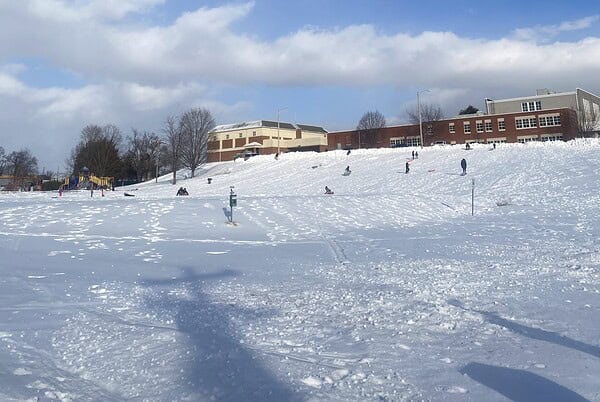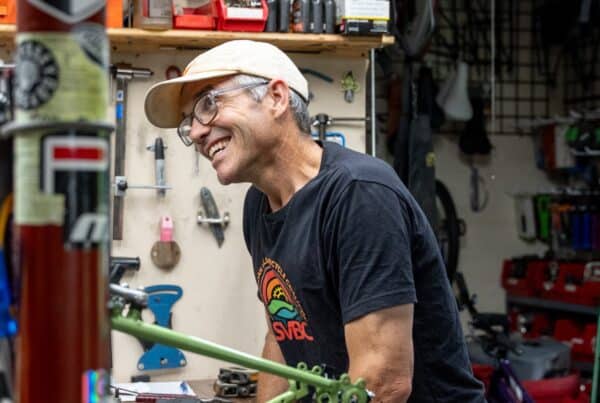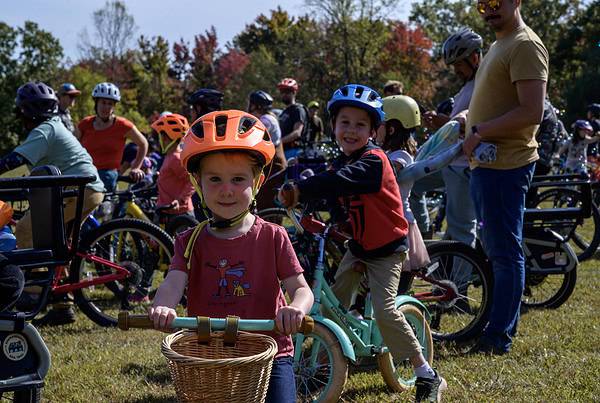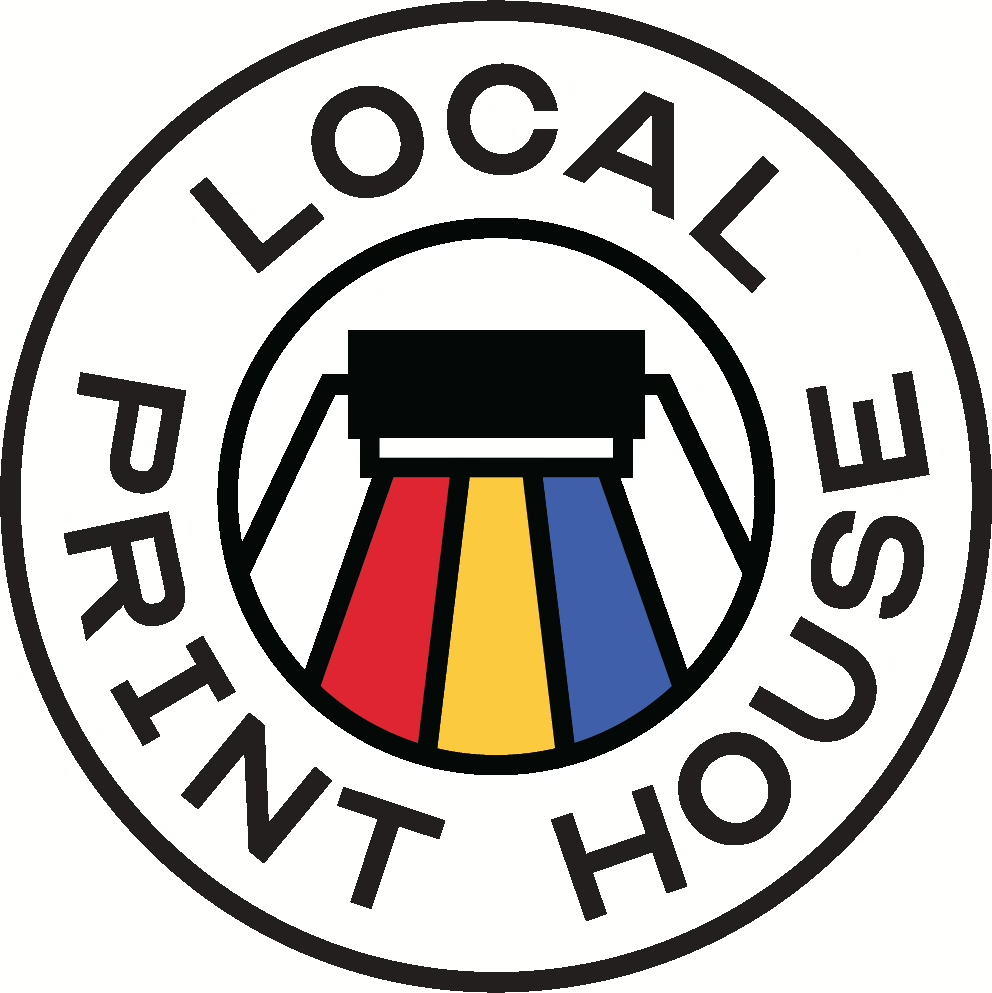2024 Harrisonburg & Rockingham Bike - Walk Summit
Greenways connect the places we live, play and work, providing transportation and recreation options for all.
Originally appeared in the Daily News Record on April 15, 2024
By RICHARD H. HRONIK III Daily News-Record Apr 15, 2024
The Loft at Liberty Street, part of the Liberty Street Mercantile, was abuzz with activity on Friday morning.
Local leaders and advocates came together to discuss how to create change through the Shenandoah Valley at the Harrisonburg and Rockingham Bike-Walk Summit on Friday. The meeting started at 8:45 a.m. and lasted until 4:30 p.m.
In attendance at the event were Harrisonburg Vice Mayor Laura Dent, Councilman Dany Fleming, Councilwoman Monica Robinson, Tom Hartman, director of public works, Peirce Macgill, deputy director of economic development, and more. Elected officials and staff from Rockingham County and other municipalities, including Timberville and Waynesboro, and James Madison University also attended.
The event was hosted by The Harrisonburg Rockingham Metropolitan Planning Organization, the Shenandoah Valley Bike Coalition, and the Alliance for the Shenandoah Valley. The event was facilitated by James Madison University’s Institute for Constructive Advocacy and Dialogue.
Ryan Hale, founder and CEO of Arkansas-based planning and design firm Laneshift, was the keynote speaker for the event. Hale shared his experience working on creating and establishing a network of biking and walking trails in northwest Arkansas, and how something similar could be created in the Shenandoah Valley.
Hale said that Laneshift developed a roadmap to help communities become more friendly to active transportation like biking and walking, not just in terms of infrastructure, but of culture as well. He said that, by creating infrastructure that connects places where people want to be, and by removing stigmas often associated with active transportation, communities can grow closer together and experience health benefits in as little as 10 years. In addition, Hale said towns connected by trails can experience economic benefits such as increased business revenue and real estate valuations.
Once Hale finished addressing the crowd, dozens of people split into groups to discuss how to develop and implement ideas to improve infrastructure in the valley. Led by Rob Alexander, a professor with ICAF, the groups, each made up of about 10 people from different groups across the valley, came up with ideas they wanted to see implemented to make the valley more accessible for bike riders and pedestrians.
These ideas included improving education about bike riding, not only in schools but the general population, and meeting people in their neighborhoods to learn why they might be opposed to creating trails or other bike friendly infrastructure. Other ideas approached the issue from an infrastructure perspective with tools like reworking zoning ordinance.
The loft was alive with conversation as groups workshopped ideas. Once they were done, each group highlighted one or two ideas to focus on after a working lunch, to find actionable steps to implement these ideas.
Kyle Lawrence, executive director of SVBC, said he viewed this annual event as a catalyst for developing new ideas and creating change in the community. Lawrence also said the event was one of the best ways to identify and find solutions for major obstacles for local pedestrians and bike riders, such as the lack of biking and pedestrian paths to the new Rocktown High School.





